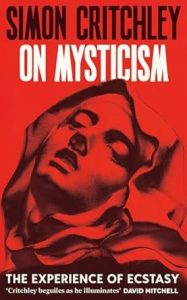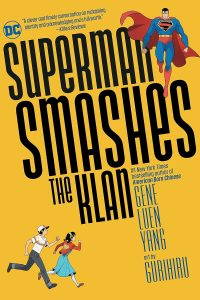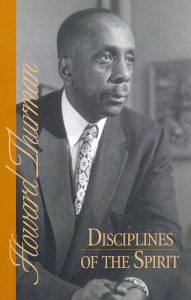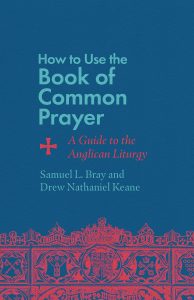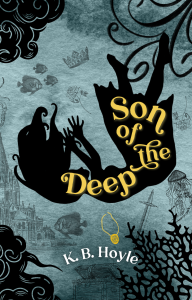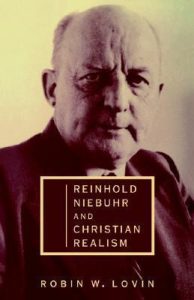 Summary: An exploration of the idea of Christian Realism through Reinhold Niebuhr as it best known proponent.
Summary: An exploration of the idea of Christian Realism through Reinhold Niebuhr as it best known proponent.
When I started seminary, the first book that we read in my systematic theology class was Niebuhr’s Moral Man and Immoral Society. I have been meaning to reread that and also read The Nature and Destiny of Man and The Children of Light and the Children of Darkness for the past 30 years and I just haven’t done it. I did read The Irony of American History and a biography of Niebuhr and a short introduction to both brothers. I am not new to Niebuhr, but I am also not a scholar of his work. I think I have read more about Niebuhr through James Cone than I have read Niebuhr directly.
In my ongoing project of exploring Christian Discernment, I picked this up because of a recommendation for further reading after a video about Christian Realism. I got the book via Interlibrary Loan from my local public library and then slowly read it over the past month or so. Also once I started reading, saw that Lovin was a friend of Gary Dorrien and he came up in Dorrien’s memoir that overlapped in my reading with this book. I really do prefer reading on kindle because I mark up books and save highlights in ways that I can’t with library books, so I have notes scattered all over the place.
I have to admit going in, that I am skeptical of the Christian Realism project and I picked this up because I was skeptical. I think Lovin does a good job separating the ideals of Christian Realism from some of the weaknesses of its actual use.
